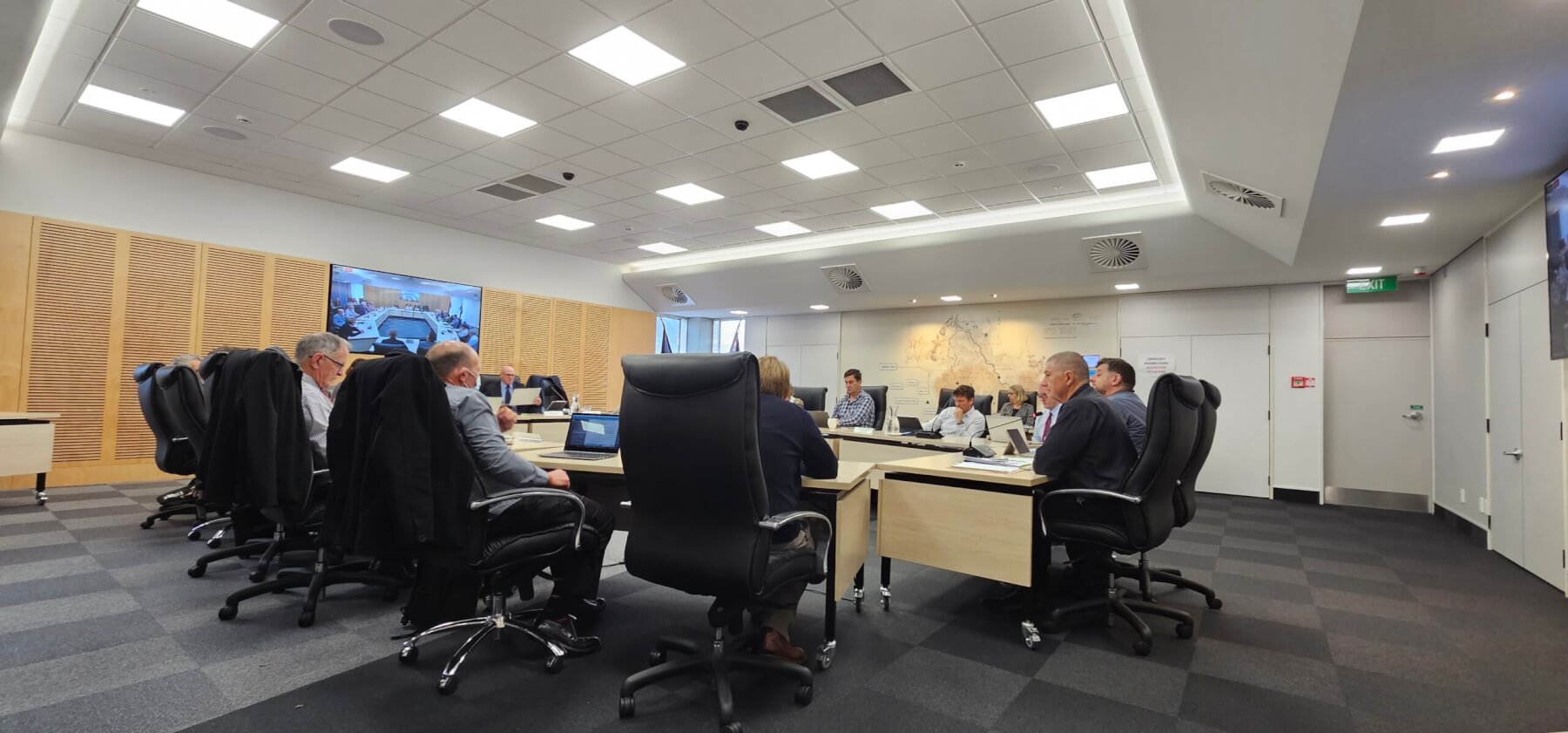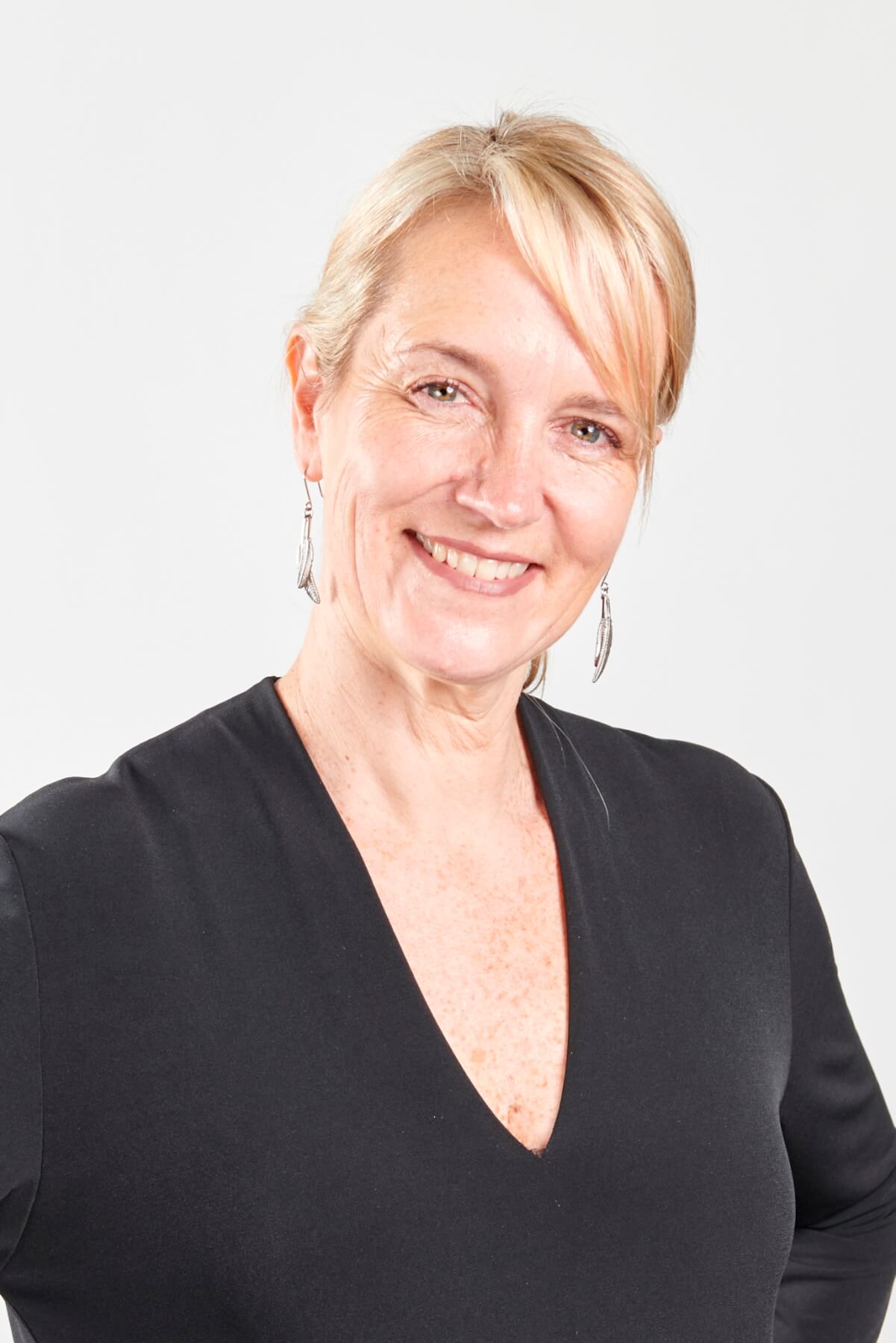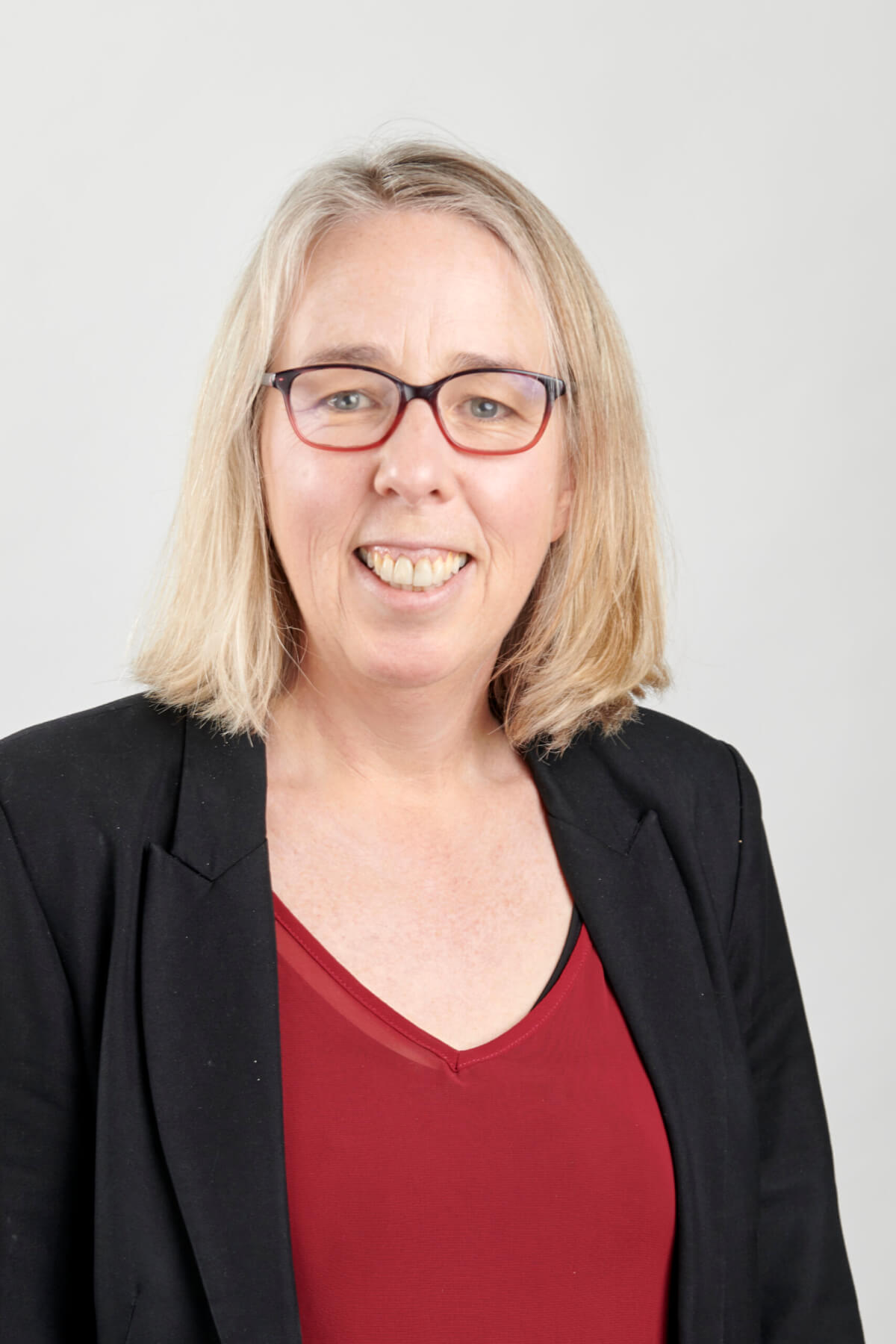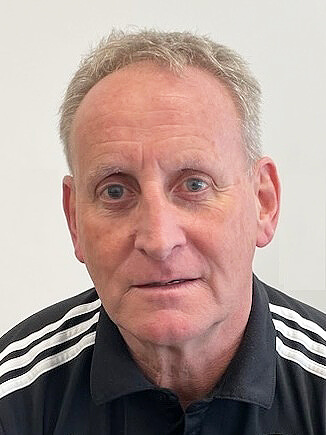
Waipā District Council’s monthly public excluded workshop sessions are now under the Ombudsman’s spotlight.
The News recently requested details under the Local Government Official Information and Meetings Act (LGOIMA) about the meetings held throughout the year and asked for copies of regular mailouts from staff to councillors.
The Chief Ombudsman Peter Boshier launched an investigation last year following the airing of concerns councils were undermining local democracy by using workshops to discuss issues and make decisions behind closed doors.
We sent Waipā council’s response to his office and asked for an update on that investigation and for help with our request.
“The Chief Ombudsman intends releasing his investigation report in the coming weeks. He will be available for comment once the report has been published,” a spokesperson said.
Waipā’s response to our request showed public excluded councillor only and council and executive team “informal” discussions took place in February, March, April, May and June. There were also similar meetings in August, last month and last week.
Public excluded workshops were also held involving the police, dog control, Ahu Ake – Waipā Community Spatial Plan, Plan Change 26, Setting the Organisation’s Internal Strategic Priorities for 2023/24, Code of Conduct, an item for discussion at an elected member session, Long Term Plan matters on infrastructure strategy, finance and financial position and Level of Service reviews.
Mayor Susan O’Regan told us the meetings were an opportunity to compare diaries, allocate events councillors would attend and rejected any notion they were “secret”.
“We don’t make decisions in workshops.”
Governance manager Jo Gread said the matters discussed at the workshop were for “information only”.
“They are being held in a public excluded setting due to the nature of the content which includes commercially sensitive and legally privileged information, and a requirement to protect the privacy of identifiable individuals. The matters will become public when presented at formal meetings,” she said.
Last week’s public excluded workshop involving only the councillors was disrupted due to a misunderstanding. Councillors panicked when they thought The News was viewing the meeting through livestream and sought assurance from the newspaper that a data breach had not occurred.
They were worried about something Cr Mike Pettit said about sports playgrounds. We have asked Pettit what that was but did not get a response in time for our deadline.
Good Local editorial director Roy Pilott said there were concerns councillors were influenced by information presented in workshops to the point that the public did not see issues being debated.
“We cover the open meetings and are sometimes confused when a decision is made without any debate and councillors refer to advice they received at ‘workshops’ where, of course, the media was not present.
“It makes it difficult for us to report the decision when we only have part of the story,” he said.
Pilott said The News would wait for the results from the Ombudsman’s investigation before deciding what further action to take.
The Ombudsman’s investigation focussed on eight councils – Rotorua Lakes, Taranaki Regional, Taupō District, Palmerston North City, Rangitikei District, Waimakariri District, Timaru District and Clutha District.













